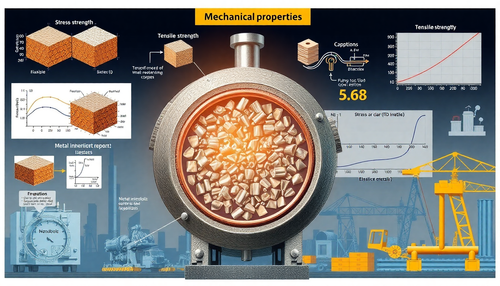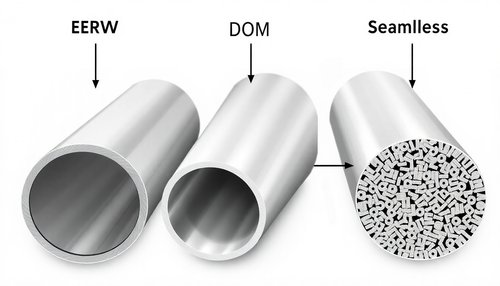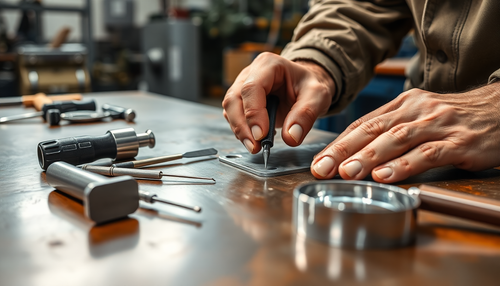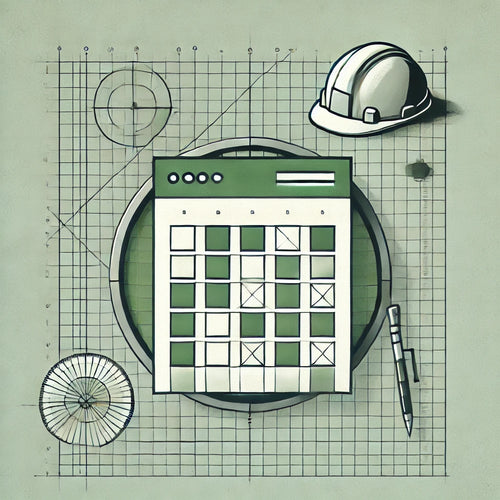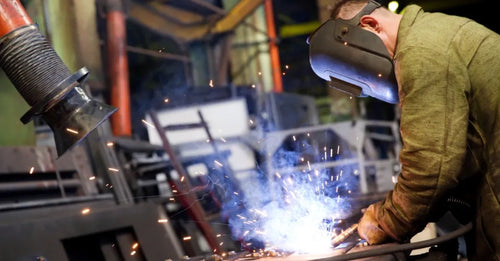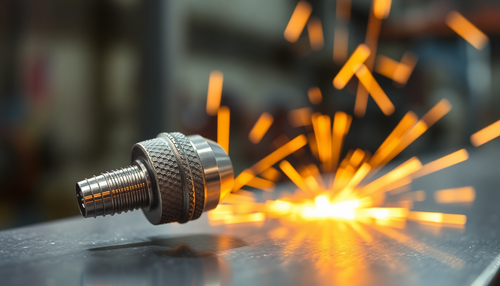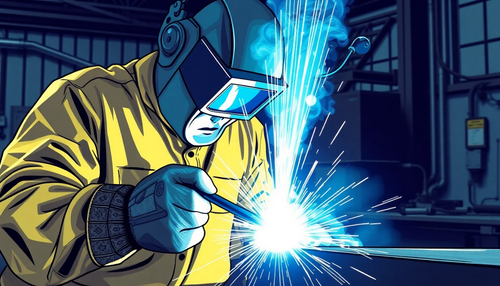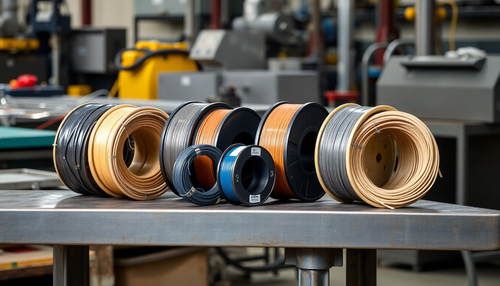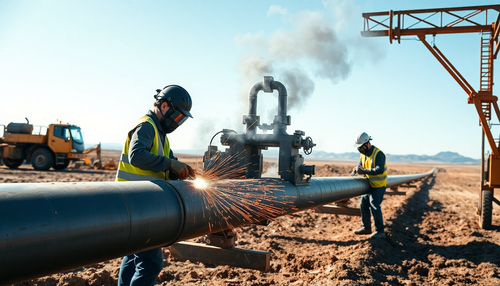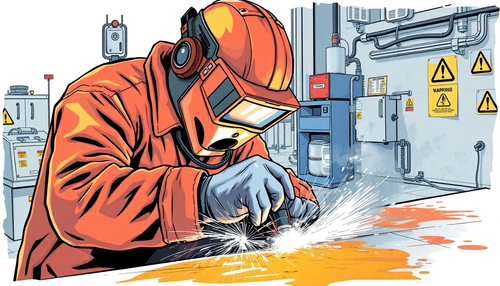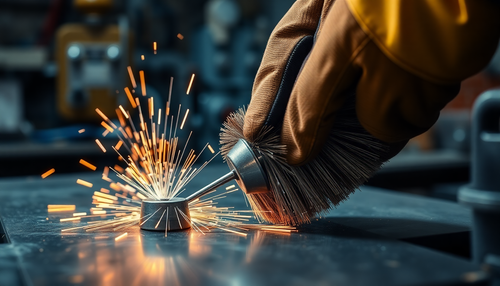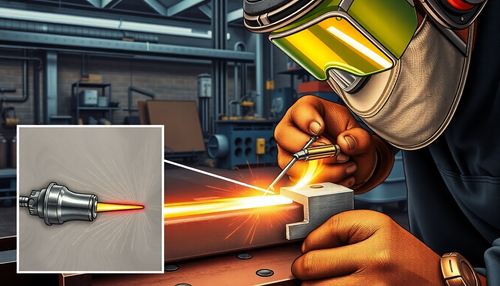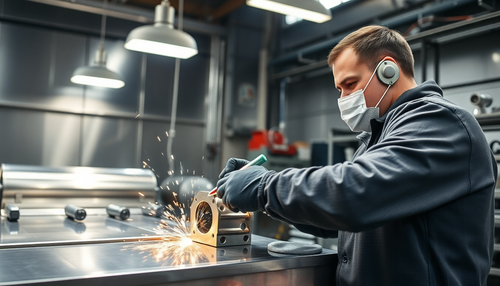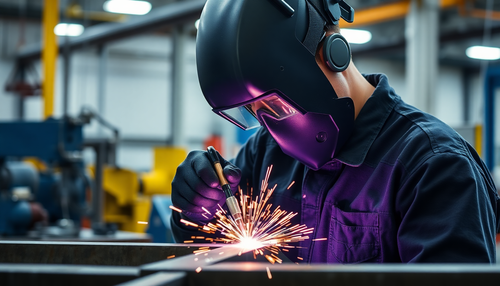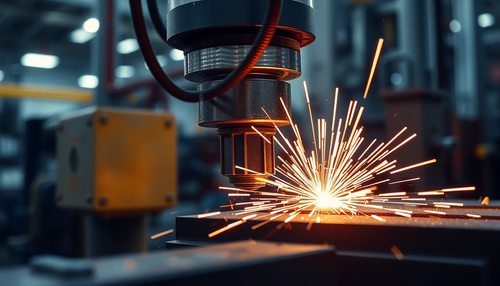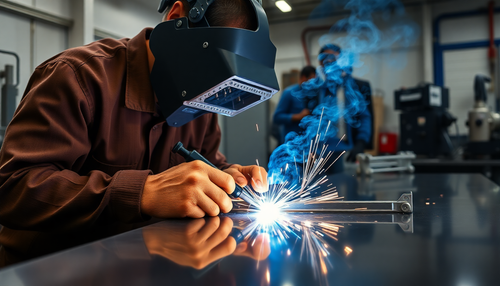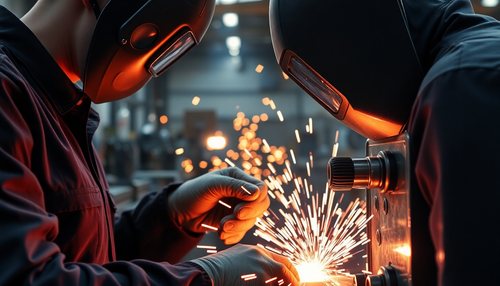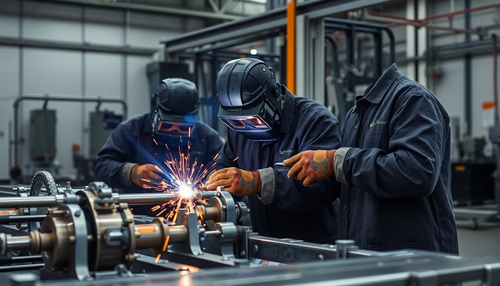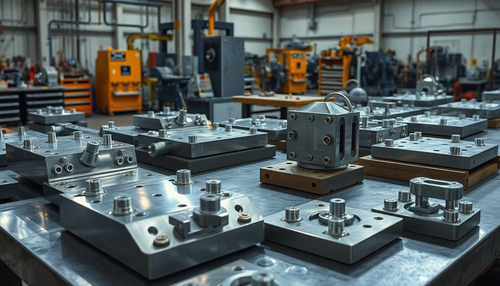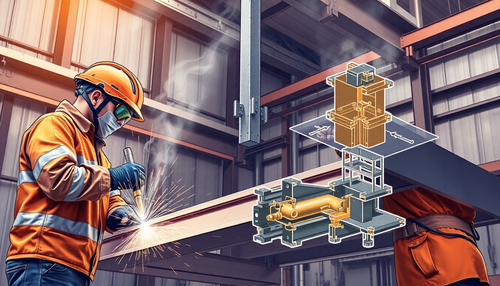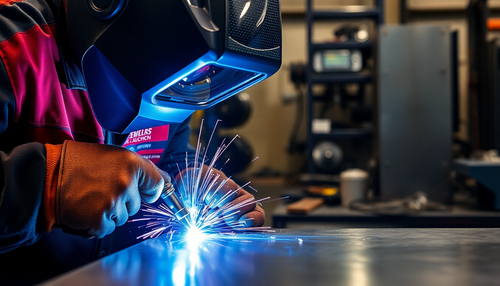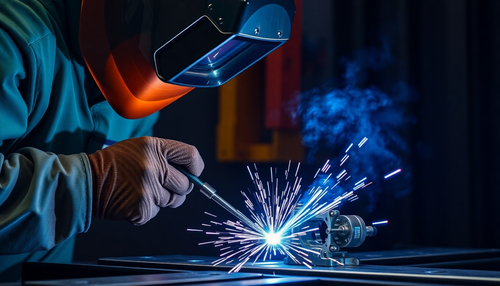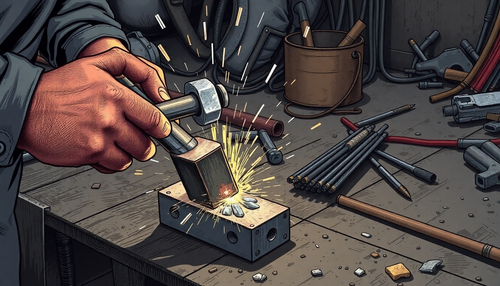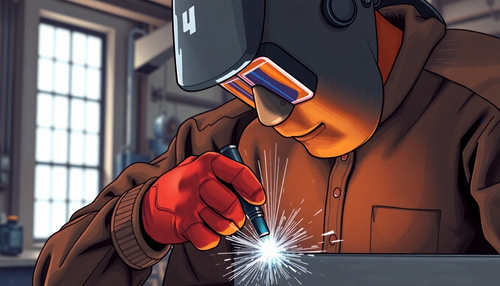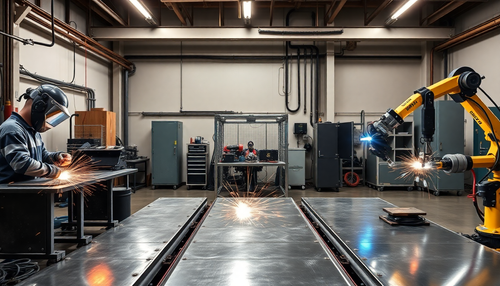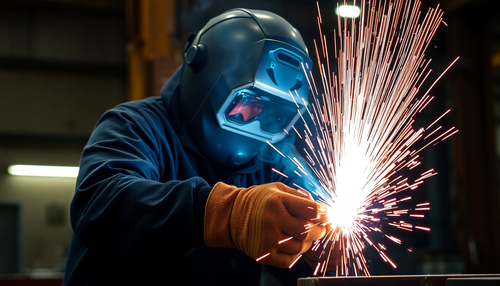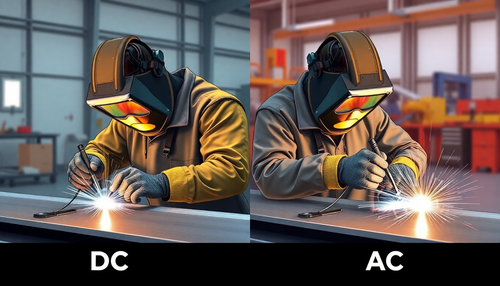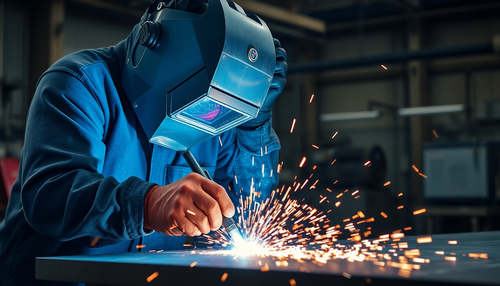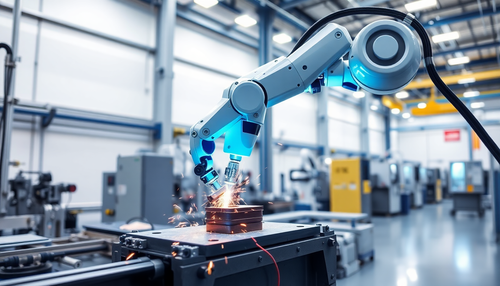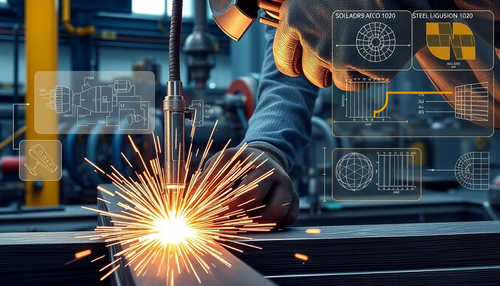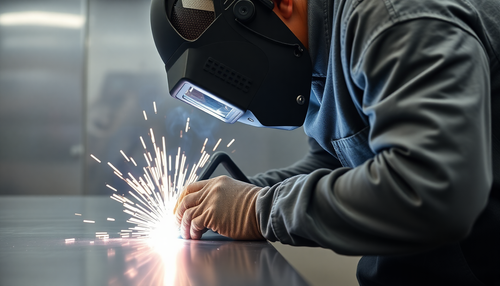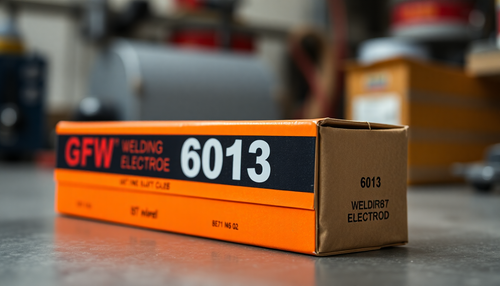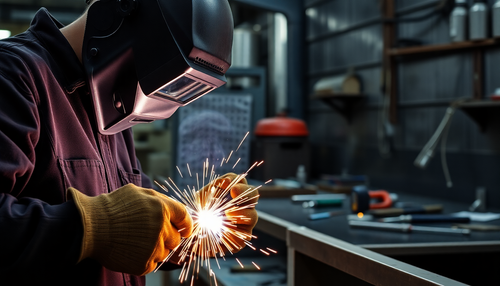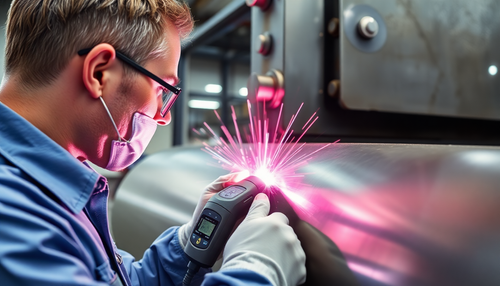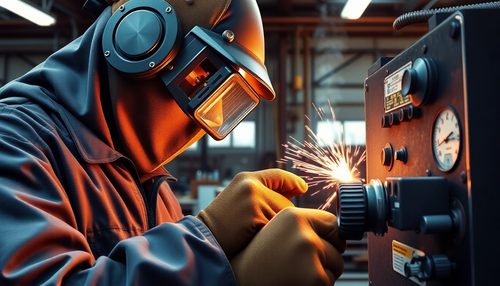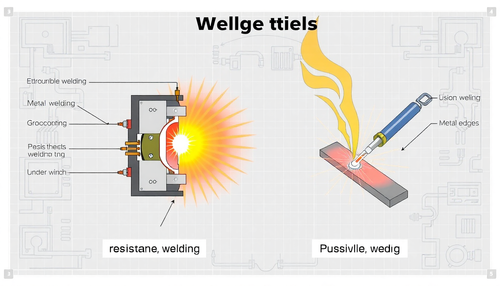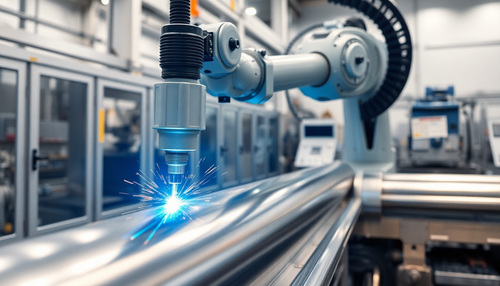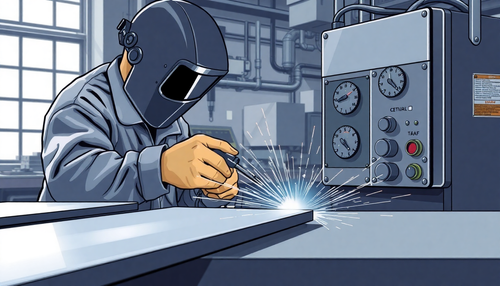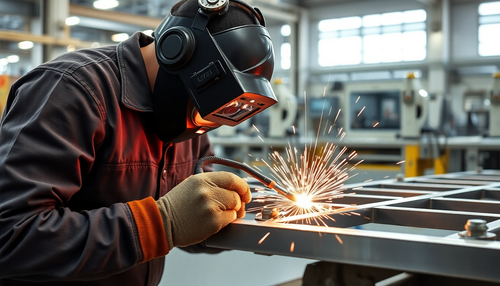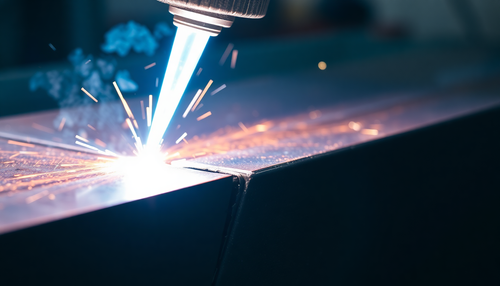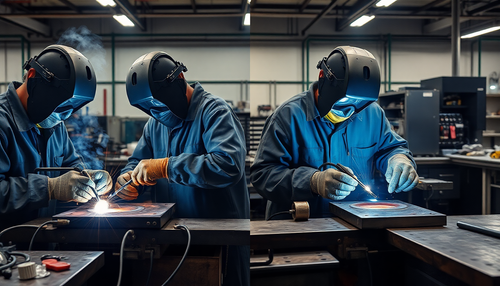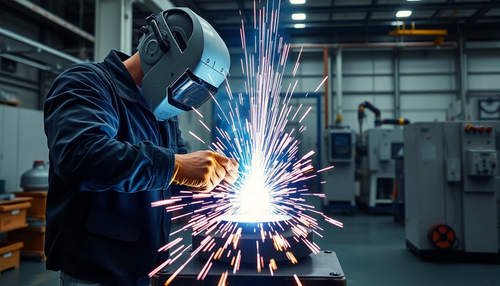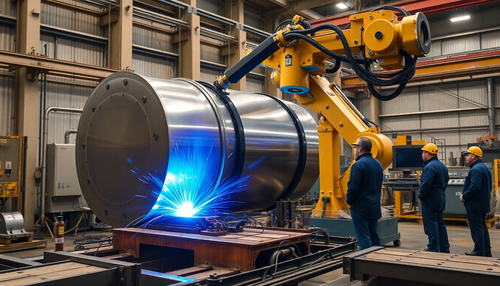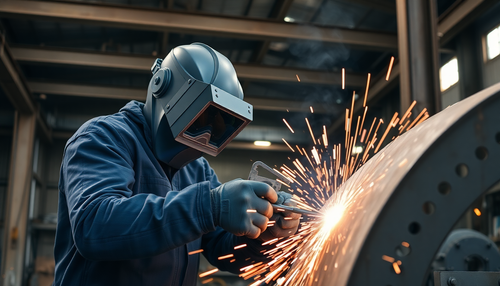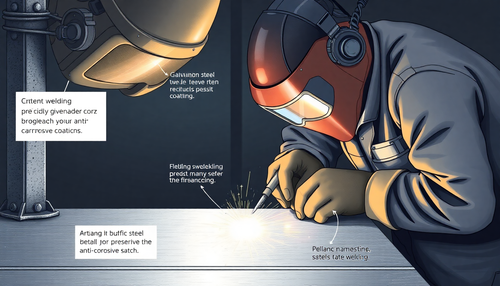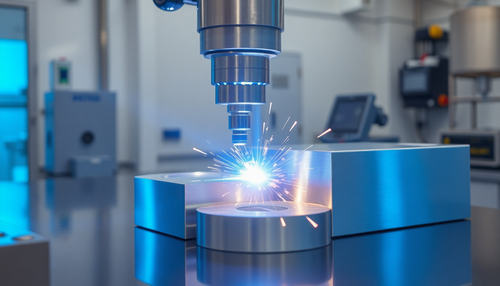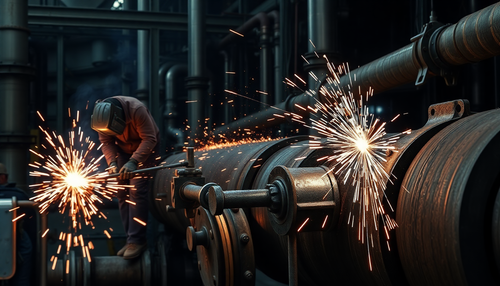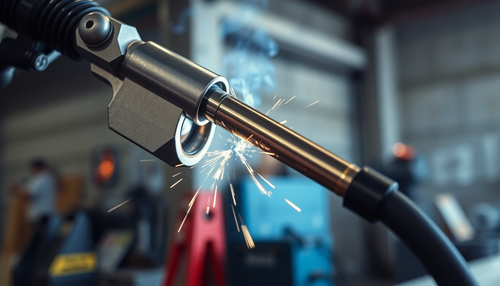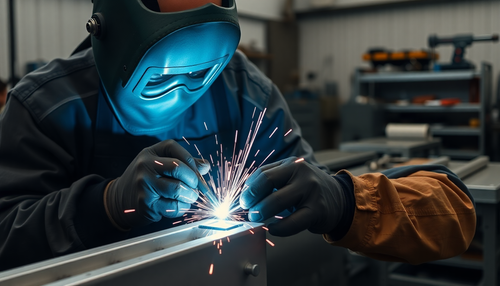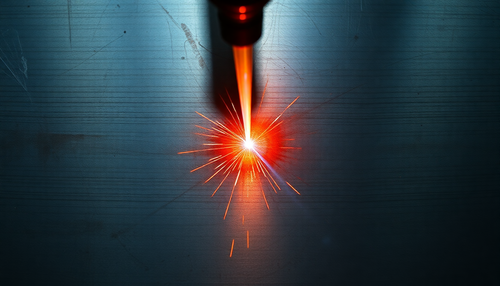
Also known as mechanical bearings, these rolling elements are revolutionizing a multitude of industrial machines, from food to energy and more.
As Asia's leading distributor of mechanical components, the team at SLS Bearings is here to talk about all the ways bearings can revolutionize industries around the world.
From ball bearings to general purpose roller bearings, these mechanical components support the axial and radial loads needed to increase the speed, efficiency and power of industries.
With this, the company's team wanted to take you through 6 major industries that benefit from the smooth functioning of decades of evolution and application of bearings.
Bearings in the energy sector
With the energy industry, it is renewable energies that are truly reaping the benefits of the innovative and ever-evolving world of bearings. From tapered roller bearings to the more classic ball bearings used inside turbine generators.
Wind turbines require shaft and propeller bearings for the generator module. Therefore, the bearings must be adapted to their function. They must allow frictionless movement, reduce thermal expansion, decrease thermal energy loss, and increase overall turbine performance.
That said, bearings can also be the Achilles heel of turbines. Internal bearing components such as rings, bearing mechanism, housing and lubricant require frequent maintenance. Otherwise, the turbine could suffer damaging downtime.
However, continuous evaluations and improvements of ball bearings are helping to revolutionize renewable energy sources. For example, new advances with asymmetric spherical roller bearings could help improve efficiency and power transfer between the engine and propeller for future turbines.
Bearings in the office sector
While it may not be the first sector that comes to mind when considering a revolution in production, the office is a place where bearings leave their mark. They are present on a variety of devices, large and small, conventional and unconventional, throughout the office to help smooth daily operations.
One thing to note is that bearings can also be found in:
Computers, printers, copiers, faxes, files, refrigerators, hard drives, air conditioners, taps and much more…
The most common bearings found in these mechanical devices are small roller bearings and general purpose ball bearings that help typical moving components do their job without friction or static buildup.
Most electrical components, for example, require some type of cooling system, such as a fan, to ensure that the boards doing all the work don't overheat and burn out. Here, fans require small mechanical components that provide frictionless power transmission from the motor to the moving element.
And without these bearings, we wouldn't have any of the electrical devices that help modern offices run. Therefore, it is little more than a revolution in the industry caused by simple components such as inner ring, rolling element, raceway, outer ring, casing and lubricant.
Bearings in the transport sector
We could have said automotive industry, but the transportation industry can cover all areas where bearings are used in the process. Every steering wheel requires some type of bearing to connect the rolling element of the wheel to the non-rolling element of the chassis.
In fact, the history of load-bearing rods in the transportation industry with Leonardo DaVinci designing the first bearing-like module as part of his invention of the “Robotic Knight” in the 15th century. From here, continued advances in technology and materials have allowed the bearing to revolutionize what we know transportation to be.
Be it a skateboard, a scooter, a bicycle, a motorcycle, a car, a van, a truck, a train, a boat, a roller coaster or even a plane. Bearing variants are used to optimize running efficiency, reduce drag and improve the inertia of the transport vehicle.
Without a bearing secured to the wheels and engine, the engine will stall and the vehicle's internal mechanisms will suffer significant damage. For example, thermal expansion, heat damage, scratches, chips and more.
Bearings in the medical industry
From surgery to dentistry and from laboratory equipment to veterinary medicine. The medical industry is full of various instruments that need bearings to ensure smooth power transmission and reliability.
There are several hand tools and power machines used in the medical industry that require miniature bearings in the rotating assembly. Additionally, there are a number of specifications that the bearing must follow to pass for proper use and functionality.
For example, they must have low noise, high speed capability, low friction, low maintenance requirements, high reliability, resistance to aggressive environments and chemicals, and long service life.
Being a very demanding industry, bearings must meet standards such as materials, ball sets and cages, permanent lubrication and secure seals. With this, it is mainly stainless steels, ceramics and silicone used by famous brands such as Browning, Kaydon, SKF and Timken to produce reliable medical supplies.
Many medical laboratory companies and healthcare providers will use power tools such as dental and surgical drills. The idea is to provide precise rotational friction in a way that helps speed up surgical and laboratory processes and helps improve the health of patients in the industry. Without these pads in place, we would still be in the dark ages, using leeches and performing hammer-and-nail lobotomies.
Bearings in the construction sector
Looking back at the media, it was the ancient Egyptians who were the first to display construction bearings. In building the pyramids, along with other historic landmarks, they would utilize large rotating elements to move the bricks.
Today, all types of bearings are used throughout the construction industry, from the ability to apply strong pressures to building materials to the ability to withstand radial or axial loads of those same materials under tension. There are also machines and tools necessary for construction workers to carry out their work on site and with quality.
As a result, each piece of machinery will have its own bearing fitted to the components to help maintain frictionless power transmission from the engine to the moving element. Be it a ball bearing, a roller bearing, a tapered bearing, a self-aligning bearing or anything else.
These materials are much more durable and have easier maintenance schedules than other rolling element materials such as glass or plastic beads. Furthermore, they must be resistant to corrosion and have adequate lubrication for aggressive environments containing dust and dirt. Therefore, grease-based lubricants are a good choice.
Bearings in the food industry
In every aspect of food production, from farm to plate, there are bearings in use. The machines needed to collect the product, the distribution vehicles needed to transport it, the conveyor belts used in factories, the packaging machines for storage, the refrigerators for storage, the cashiers in the store and the domestic microwave to cook it .
With continuous technological advances, the food industry can keep up with population growth around the world. However, this is largely possible thanks to bearings of all shapes and sizes working on the mechanical components of each stage.
Notably, the bearings used range from thermoplastics and stainless steel to flushes and specialty, but the lubrication used for all is largely solid external lubrication. This is because ball and cage assemblies must contain food-grade lubricant to increase operations, reduce potential downtime, reduce corrosion, improve maintenance rates, and reduce contamination between food and components.
The food industry, however, is rife with contaminants from bits of food that slide down conveyor belts.
Other areas where you will find guidance, every day:
Gearboxes, automatic doors, mechanical clocks, bicycles, fishing rods, remote control cars, bar stools, game consoles and fans.
Therefore, it is safe to say that common bearings are not just revolutionizing industries, they are revolutionizing lives. And without Leonardo DaVinci working his magic more than half a century ago, or without the intelligence of the ancient Egyptians, we wouldn't have many of the everyday objects and bits of technology that we do.


